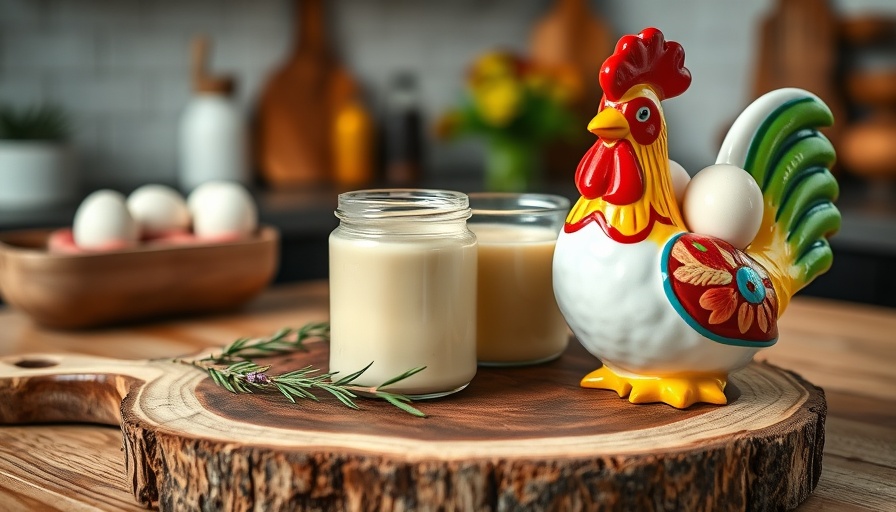
Understanding Broiler Chickens' Unique Health Challenges
Raising broiler chickens offers the promise of high yields for poultry producers, but it also encompasses a host of health risks not seen in laying or heritage breeds. Ornery and increasingly susceptible, broiler chickens require vigilant management to thrive. Here, we delve into the health concerns faced by these birds and offer insights on maintaining their well-being.
Coccidiosis: A Common Threat
Coccidiosis stands out as a prime health risk for broiler chickens, primarily because of their unique physiology. Unlike laying hens, broilers have a fattier composition and a faster growth rate, which makes them more vulnerable to disease. This condition originates from a protozoan parasite that damages the intestinal lining, increasing the risk of malnutrition and dehydration if left untreated. Early detection is crucial for effective treatment, and symptoms may manifest as depression, lethargy, or even bloody diarrhea.
Diagnosis and Treatment: A Vet is Essential
Diagnosing coccidiosis demands a keen eye and often necessitates the expertise of a qualified veterinarian. If symptoms are observed, collecting fresh feces for a microscopic examination can rapidly clarify the issue. In the absence of veterinary support, knowledgeable staff at certified feed mills can offer guidance on the appropriate medications. However, it's vital to use only those drugs endorsed for meat birds and strictly adhere to withdrawal periods to ensure the meat remains safe for consumption.
Proactive Prevention Matters
Preventing coccidiosis is paramount in broiler management. Although building natural immunity can be beneficial, broilers' quick turnaround times often don't allow for this strategy. Maintaining a clean living environment and employing management practices that minimize stress among birds can dramatically decrease the likelihood of disease outbreaks. Furthermore, regular health checks and consistent nutritional support lay the groundwork for robust immune systems.
The Economic Impact of Health Management
Proper health management translates not only to animal welfare but also to economic viability in poultry production. As broilers grow rapidly, any health issues can lead to significant financial losses due to increased mortality or the need for extensive veterinary care. Healthier birds equate to better market prices, thereby enhancing overall profitability. Thus, investing time and resources into understanding broiler health is an investment in the future success of poultry operations.
Conclusion: The Call to Action
Poultry professionals must proactively address these health concerns to optimize both animal welfare and production efficiency. By implementing preventive measures and remaining vigilant about symptoms, you not only support your flock but also safeguard your investment. For those dedicated to enhancing their broiler operations, continued education around health risks is crucial. Embrace these insights to ensure the success of your poultry management practices and foster a well-cared-for flock.
 Add Row
Add Row  Add Element
Add Element 



 Add Row
Add Row  Add
Add 
Write A Comment